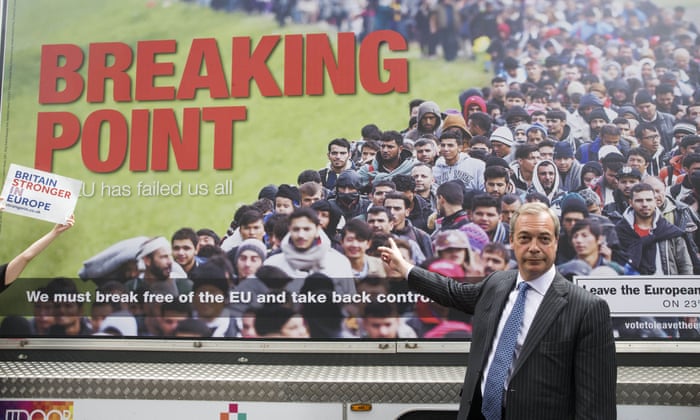Hirschhorn divides his thesis into ten points, which I will now summarise in turn.
Doing art politically means giving form
This is very confusing. He is clear that this is distinct
from making a form, but what “giving form” actually means is unclear, and yet
he declares that the question of form is the most important question for an
artist. If it is intelligible at all, perhaps it is really simple: Hirschhorn
is talking about making art, and by making he includes art practices that do
not “make” anything… hence “giving form”.
Doing art politically means creating something
Art is always an action, never a reaction. Making art (politically?)
means taking a position, beyond mere criticism… staking a claim. Therefore, to create
something is to take a risk. This does not mean that art is uncritical – it can
be critical, but must not become neutralised by being critical.
Doing art politically means deciding in favour of something
Hirschhorn believes that an artist has to make
decisions. Not choices like 'A' or 'B', 'Left' or 'Right' but
"decisions". Hirschhorn has decided that his work should
'touch' the four following areas at the same time:
1.
Love
2.
Esthetics
3.
Philosophy
4.
Politics
Note the similarity to Badiou’s four truth procedures… and
that Hirschhorn often speaks of creating an “event” (small e though). He claims that while Love and Philosophy are positive, Aesthetics and Politics could be negative. He talks about "touching the negative" (subject
matter) and how, therefore it is important for an artist to remain positive:
there's no point an artist complaining when they can "make a
creation" (why contribute negativity?). It is unlikely
that any one work of art will touch all four with the same intensity, but all
four fields should be touched. Hirschhorn hints at making a universal art when
he claims that he aims to “create a new truth beyond negativity, beyond current
issues, beyond commentaries, beyond opinions, and beyond evaluations”. These aims set his art apart from politics, which is concerned with real action
in the here and now, rather than eternal statements or truths. And yet…
Doing art politically means using art as a tool
For Hirschhorn Art is a tool used to confront reality, encounter
the world we live in: a tool (or a weapon). Hirschhorn declares that he
wants to address and confront universal concerns. Although he feels he can only
make art with what surrounds him in his own history and milieu, he aims to
reach out beyond these by avoiding the particular and trying to touch the
universal. In this way, he declares that art can be used as a tool to confront
reality and encounter the world. Potentially, art can touch somebody, or
something can be touched through art.
Doing art politically means building a platform with the work
He considers his art to be a platform that provides a site
for dialogue or confrontation with the other. How do you reach the other? By
using a door, a window or a hole. This gives us a clue as to how we might read
his work. Hirschhorn aims to create holes in reality with the potential
for a “breakthrough”.
Doing art politically means loving the material with which one works
Hirschhorn emphasises the importance of materials: he says
that the artist makes the decision to use their materials and therefore must
love their materials (without becoming kitsch, sentimental or obsessive). The
decision about the materials is Political.
Doing art politically means inventing oneself guidelines for oneself
Hirschhorn employs enigmatic guidelines. Examples
include:
·
Less is less, more is more
·
Quality no, energy yes
·
Panic is the solution
·
Better is always less good
·
To be responsible for everything that touches his
artwork
·
To be the first who has to pay for his artwork
·
Never won, but never completely lost
Doing art politically means working for the other
He claims that he makes work for "the other" (not
for the majority). For Hirschhorn "the other" could be someone
you don't know, someone you're afraid of or the other self that you have and he
claims not to make art for himself but "for Art first" and then for
"his art".
Doing art politically does not mean working for or against the market
Art can only exist beyond the laws of the market by
maintaining its autonomy. Artists need support and assistance, but they must
never become dependent on them.
Doing art politically means being a warrior.
He gives no explanation here – but note that connection between the
warrior and militant (another nod to Badiou?)

